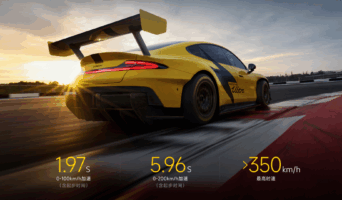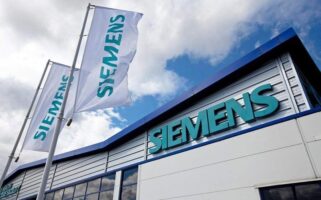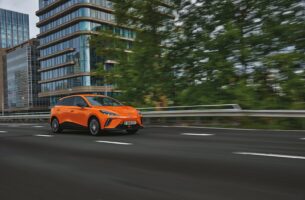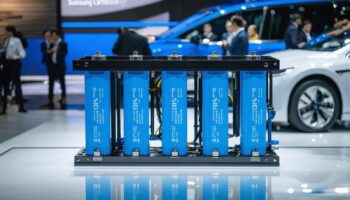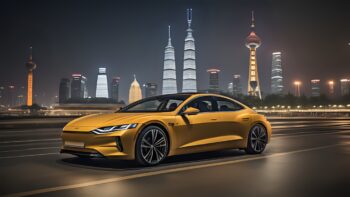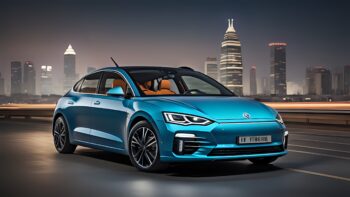Mercedes-Benz and Factorial’s Solid-State Battery innovation
Performance and safety for Electric Vehicles
Another one bites the dust as Mercedes-Benz has broken new ground by teaming up with Factorial Energy in hopes of a revolution in electric vehicle (EV) technology with the development of Solstice solid-state battery. The partnership is supported by a 2022 investment in the area of $200 million, taking Mercedes-Benz to the front line in the solid-state battery race and allowing it to redefine what future EV’s from its brand are capable of.
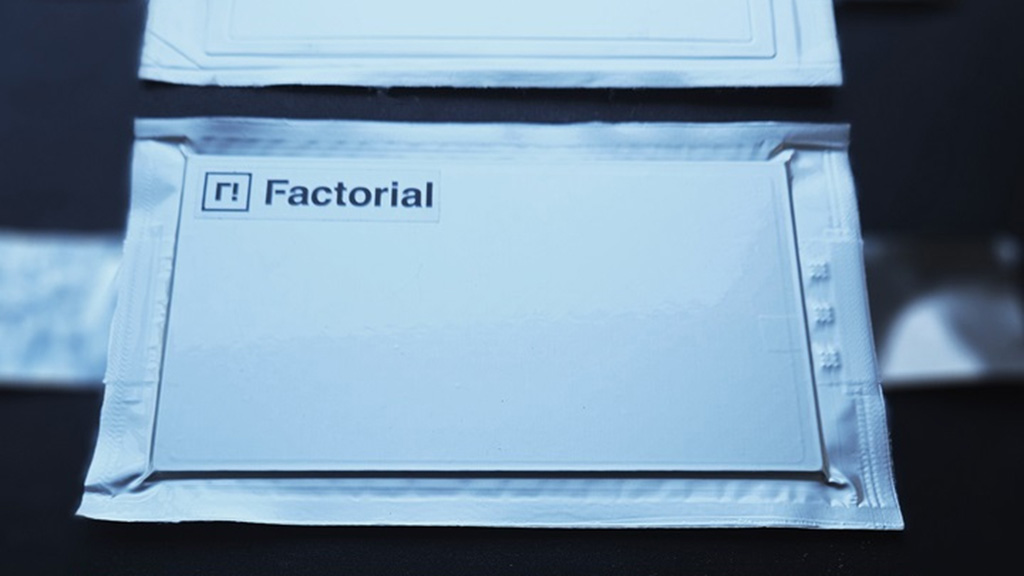
(Image: Solstice solid-state battery – factorialenergy.com)
Solstice system battery, advances in battery technology
Solis Stem Lithium-Ion Battery powering the Solstice is a state-of-the-art lithium-ion battery developed on Factorial’s advanced FEST (Factorial Electrolyte System Technology) platform, delivering industry-leading energy density and safety. However, Solstice offers 450 watt-hours per kilogram — an energy density that is vastly higher than conventional lithium-ion batteries. This will result in an 80% increase in driving range, or the ability for future EVs to move closer to (and potentially beyond) 600 miles on a single charge.
Ensuring a safe and sustainable future
The heat-tolerance of the Solstice battery at temperatures up to 90°C means cooling control systems can be less expensive and low-power, because less costly components can provide energy-efficient thermal management with little or no power draw once outside operating limits. The lithium-ion battery features a sulphide-based solid electrolyte that offers high stability and minimizes the risk of fire, which is of particular concern with current battery technologies. Besides, the implementation of dry coating methods in manufacturing will not only minimize its environmental influence but also enhance sustainable development, which is increasingly seeking greener techniques.
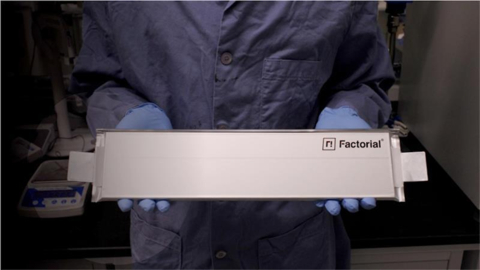
(Factorial Energy 100Ah Cel – Photo: Business Wire)
Inter-Industry collaboration / competition landscaped
Mercedes-Benz investing in Factorial is a part of the industry-wide shift towards solid-state battery development. Hyundai, Stellantis and other automakers have also invested in Factorial, whose technology the automaker backs as promising. The industry giant Toyota, meanwhile, is working on its own solid-state batteries ratcheting up the competition. Chinese manufacturers have been making so much progress in this area signalling that the race to commercialize solid-state batteries is heating up across the globe.
Commercial exit and post-extension adoption
Factorial and Mercedes-Benz expect to debut Solstice battery-powered EVs by the end of this decade. The development timeline is also in line with the wider push toward electrification within the automotive industry, which sees rising emissions standards and consumer demand for efficient, long-range EV’s putting pressure on carmakers to adopt new technologies quickly. If solid-state batteries were used in mass-market cars, it could transform the car industry and, crucially, be tailored for a global customer base who might not want an EV over a more conventionally powered vehicle.
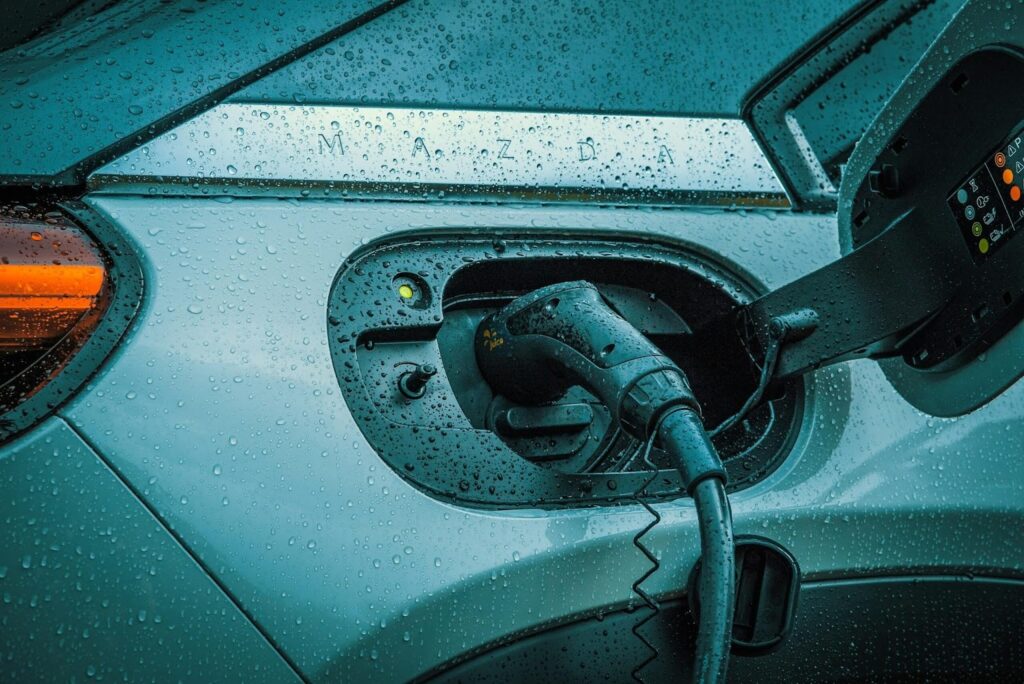
(Image: Battery charging – factorialenergy.com)
Conclusion
Arguably, the most interesting aspect of Factorial Energy’s development with Mercedes-Benz is its progress in the depth and breadth of electric vehicle evolution. The new Solstice battery will help push Mercedes-Benz EV technology to the next level with more range, less weight and added levels of safety. As the industry moves closer to the commercialization of solid-state batteries, the impact of this partnership could be transformative, paving the way for more sustainable and efficient transportation solutions.
Source: Factorial Energy
Header: Mercedes-Benz and Factorial – electrek.co
Re-written by : Umar Javed
EVTrader® – The biggest EV-Database worldwide for all Electric Vehicles Manufacturers and Industry related companies.
